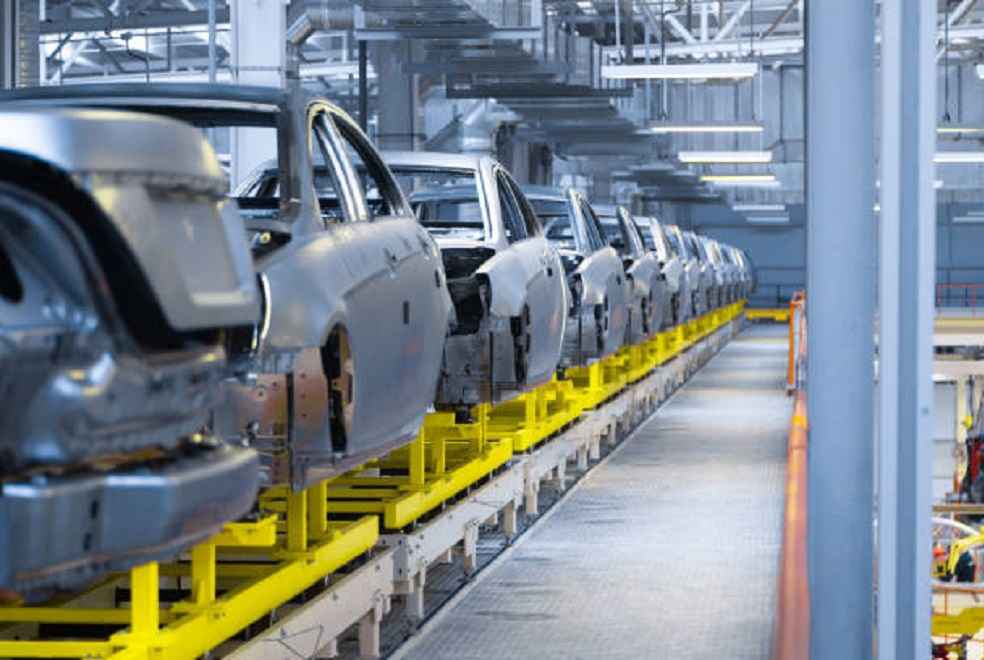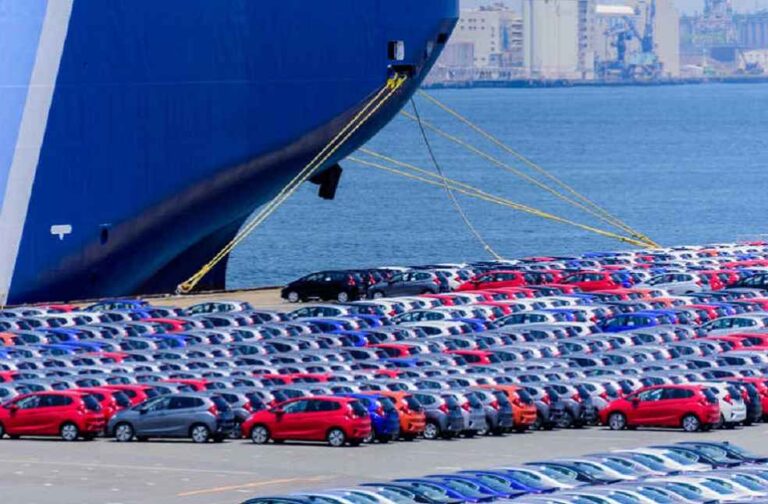Saudi Arabia’s automotive market has seen a substantial boost, importing over 160,000 vehicles in the last two years, positioning the Kingdom as a dominant force in the global auto industry. In 2023 alone, the Kingdom’s auto imports soared to 93,199, a sharp 40% rise from the previous year, utilizing land, sea, and air transport methods.
These statistics, revealed by Hamoud Al-Harbi, spokesperson for the Zakat, Tax, and Customs Authority and reported by the Saudi Press Agency, underscore Saudi Arabia’s expanding automotive footprint.
The significant influx of vehicles from Japan, India, South Korea, the United States, and Thailand over the past two years places Saudi Arabia at the helm of the Gulf Cooperation Council markets, capturing more than half of the region’s car sales and securing a spot among the top 20 global markets.

Wael Al-Dhayyab, speaking for the Saudi Standards, Metrology, and Quality Organization (SASO), shared insights into the Vehicle Inspection Unit’s activities in 2023, with 60,473 vehicle inspections conducted to maintain high safety and technical standards. Additionally, SASO’s commitment to quality and safety is reflected in the 18,150 energy efficiency certificates granted for tire products.
Al-Dhayyab highlighted SASO’s significant contributions to sustainable practices, notably the 172 conformity certificates awarded for electric vehicles in 2023, marking a 465% increase from the previous year. This initiative is part of a broader push towards environmentally friendly transportation, further demonstrated by the issuance of 1,505 fuel efficiency cards for new light vehicles.

The automotive import surge has also stimulated the Saudi banking sector, with a 7.67% increase in letters of credit issued to the private sector in the first 11 months of 2023. The Saudi Central Bank reported that motor vehicle imports, which account for roughly 75% of the overall increase, reached a total value of SR39.7 billion ($10.58 billion), up by 26.29%.
Saudi Arabia’s aggressive car import strategy highlights its efforts to diversify economic interests and expand its role in international trade, particularly in the automotive sector. This strategic shift towards high-quality, safe, and sustainable vehicle solutions marks a significant stride in shaping a forward-thinking automotive marketplace.
LATEST NEWS | Brazil, Japan Forge Ahead with Beef Trade, Environmental Collaboration Talks



